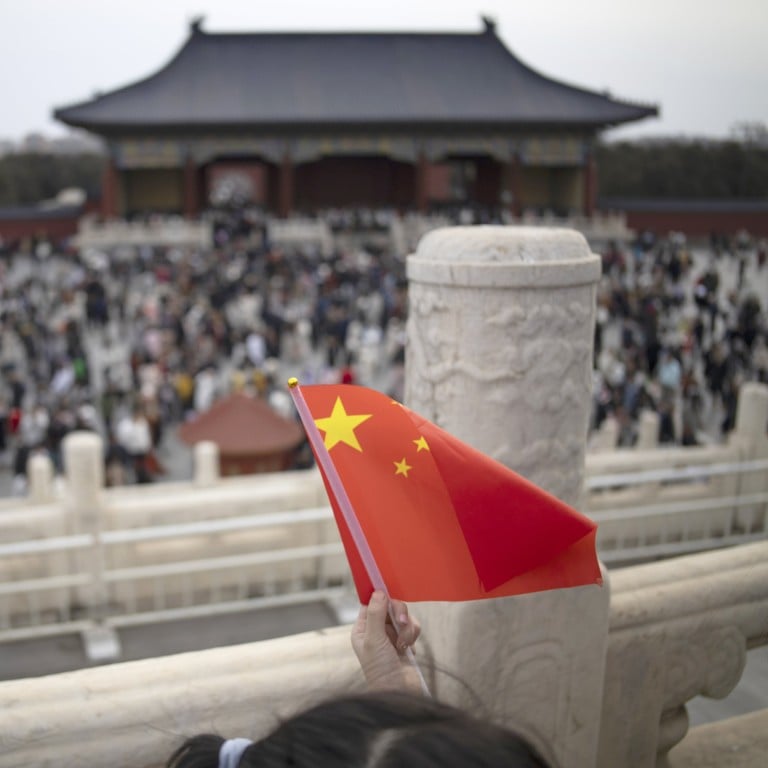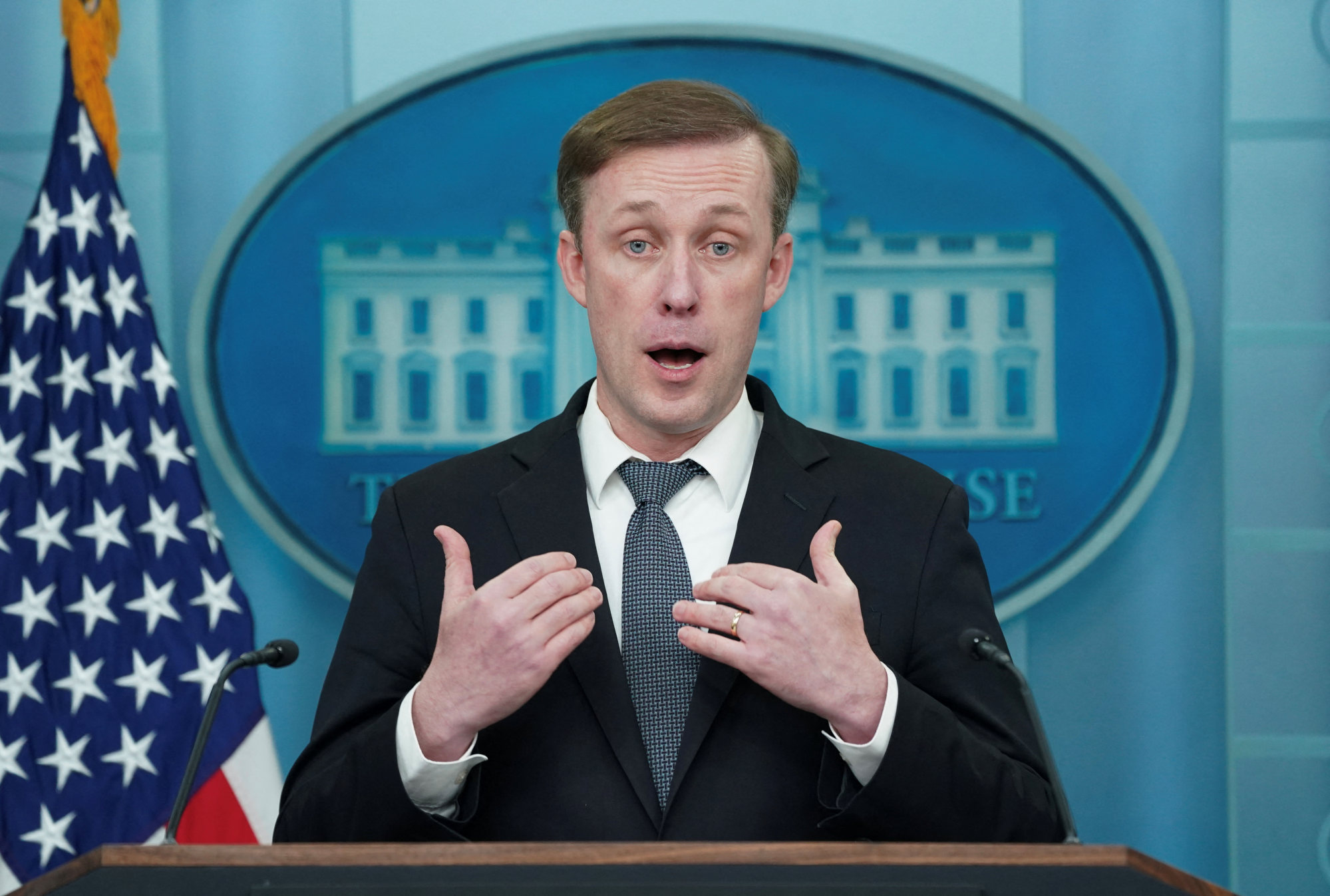
Biden’s China policy tweak is welcome, but it’s still based on a fantasy
- As Sullivan made clear in an extensive speech, the US is making a partial return to a realpolitik approach to China
- However, the policy framework remains unchanged: China is still an ideological ‘other’ that is not democratising as the US wished
This “my way or the highway” hubris was Bidenism at its best. In other words, whether the bilateral relationship is competitive, collaborative or adversarial, it is all China’s doing. The US does not need to make any adjustment.
In reality, Donald Trump’s approach to China was far more effective precisely because he recognised that great-power politics cannot be based on ideology.
Sullivan noted that the US “did not want to return to an earlier approach” that was “based on more optimistic assumptions” about China’s trajectory, and therefore had adopted the current adversarial approach.
He was referencing the US policy elite’s long-standing fantasy about the “democratisation of China”. Such a fantasy – a version of the convergence theory, which presumes that, as a society develops, it begins to resemble developed societies by adopting their norms – has been around since the start of Deng Xiaoping’s reforms more than 40 years ago.
But the reforms were not meant to alter the fundamental structure of the political system. Deng wanted only Perestroika, or restructuring, not Glasnost, or openness, to use the fashionable Russian concepts at the time. Apparently, few in the Biden team understood that.

The real question is, why does the West keep blaming China for a non-convergence scenario of the two political systems when no Chinese leader has promised to justify such a trajectory? The answer has to be found in the paucity of knowledge of Chinese culture and history.
Debate over the nature of the Chinese system is not new. One early debate took place in the mid-17th century. The Chinese rites controversy was a bitter dispute within the Catholic Church over a question raised by the Jesuit missionaries in China: were cultural traditions, such as rituals honouring ancestors, compatible with Christianity? The Jesuits believed in accommodating these practices, but most others disagreed.
Why is China finding it so difficult to close the chapter on Qing history?
At that time in Europe, the modern notion of democracy had not yet been established as a rhetorical tool to disparage other political systems, so whether the Chinese way of governance was legitimate was irrelevant. But the Western dominance of the globe since the 18th century has created hegemony of Western thought.
Informed by this Eurocentric tradition, Sullivan cannot move beyond a parochial vision of politics, despite the fact that the legitimacy of the democratic system has recently been undermined by American internal politics.
Sullivan offered a tacit admission that Bidenism has failed, and America’s partial return to a realpolitik approach to great-power relations should be welcome, but it can only offer a halfway house for those ideological fanatics to sober up a bit.
No one should expect the recent easing of US-China tensions to last very long. A new Trump administration, by contrast, may offer a real chance to reset the relationship, precisely because it would be a departure from Bidenism.
Lanxin Xiang is a distinguished fellow at the Stimson Center, Washington, DC


